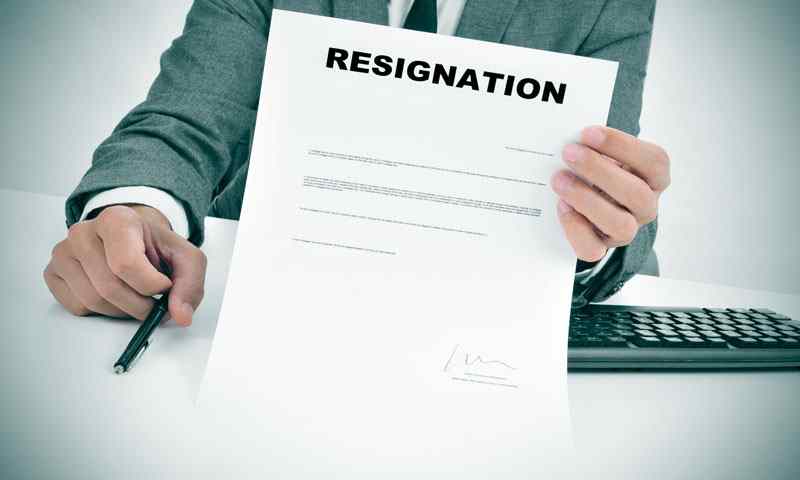
Herbert Smith Freehills has become one of the latest global law firms to announce changes to its remote working policy in response to the coronavirus pandemic, with all employees allowed to work remotely up to 40% of the time.
The international firm announced in a statement Friday that all of its people will be excepted to work in the office for an average of 60% of their working time.
The 60% benchmark applies to lawyers, partners, staff, and business services roles, including PAs, and it “can be adjusted to suit each individual, team, and situation,” according to the statement published by the firm.
The HSF’s decision comes a month after Linklaters’ announced a 20-50% baseline for flexible working, and Squire Patton Boggs has announced a similar initiative last week.
The new working policy will be rolled out once COVID-19 pandemic restrictions allow offices to be physically open and operational, and “physical distancing rules have been greatly relaxed or removed.”
“Despite the pressure and worries of the pandemic, we know that many of our people have greatly valued the flexibility of how, where and when we work, gaining more time for their families, health, and other commitments,” said the firms CEO Justin D’Agostino in a statement.“We also recognize that the office will remain an important place for connection, collaboration, and learning, with clients and with each other,” he added.
This decision comes on the heels of the firms’ recent reinvigorated global policy to improve diversity.
D’Agostino said the firm is looking to increase productivity, as well as performance in next year’s financial results, the new policy is a benchmark for post-pandemic operations.
“We hope to give our people the flexibility to design a working pattern that suits them, their colleagues, and our clients, and to offer some certainty in uncertain times.”
The policy would be supported by health and safety assessments as well as cybersecurity protocols, D’Agostino said its implementation was subject to circumstances outside HSF’s control, given the pandemic.
“We cannot predict with absolute certainty what the workplace will look like six months or even a year from now,” he said. The intention, however, was to give “every part of our firm the freedom to start imagining and designing new ways of working as those workplace practices evolve”.










































